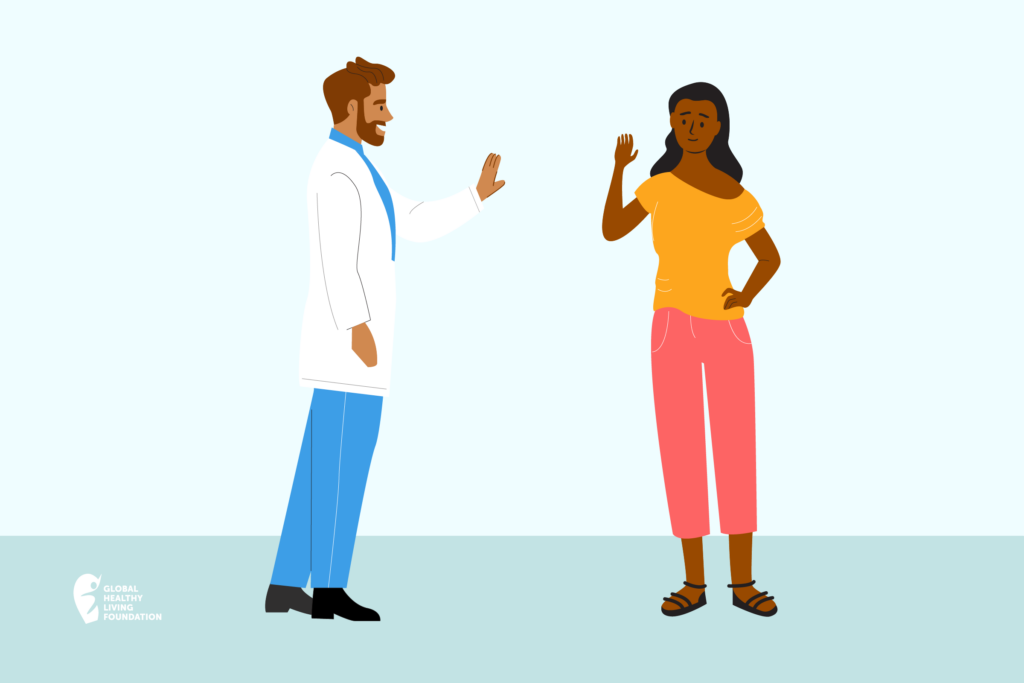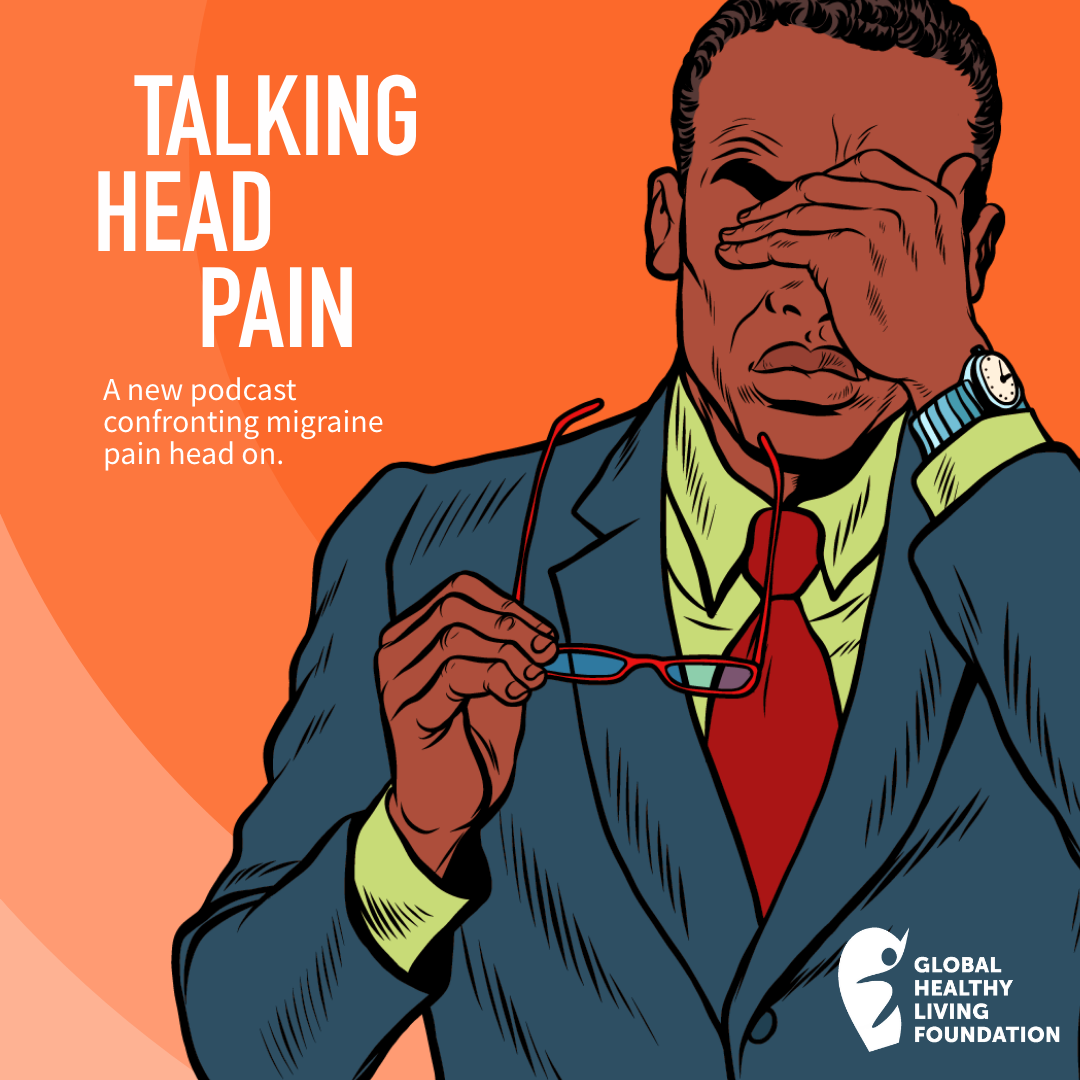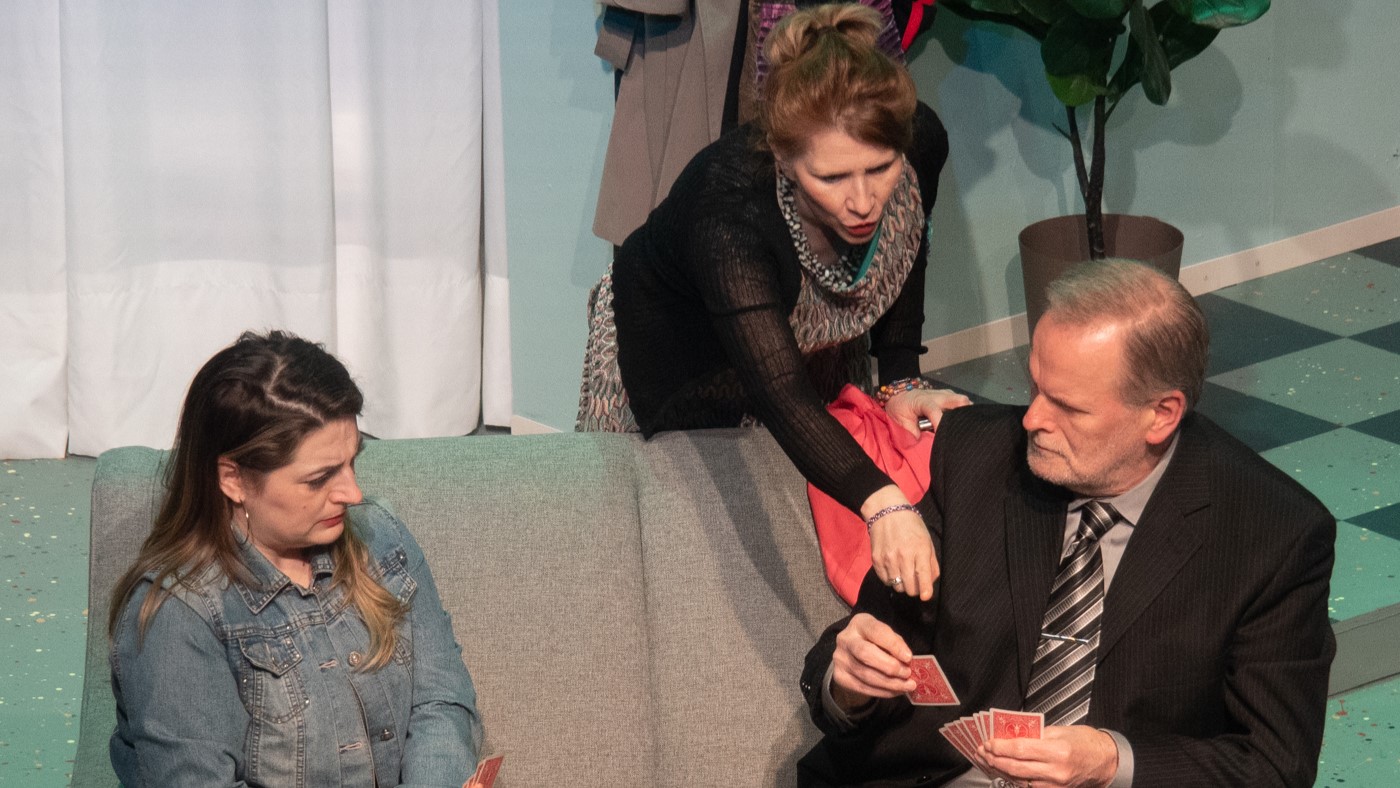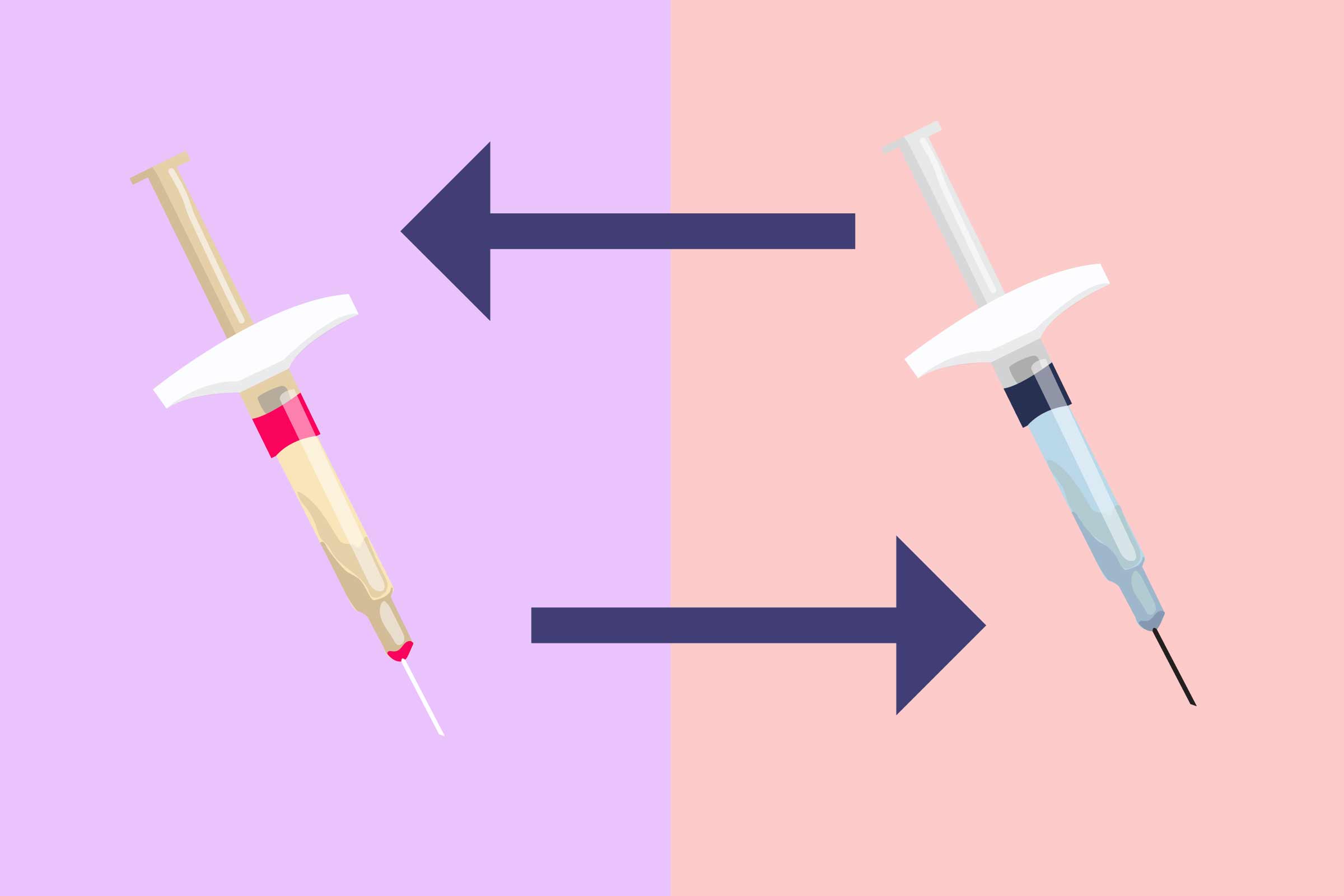“Darling!”
“You again!”
For many years, this was the start of every check-in with my rheumatologist’s medical office assistant (MOA). We clicked very early on and shared a love of movies, bad jokes, and good food. After she checked me in, we spent the next little while catching up on each other’s lives and doing a lot of laughing.
After seeing my doctor, I’d check with Jane as we set up my follow-up. We were friends, as much as we could be within that professional relationship. She retired several years ago and I still miss her.
I’ve had rheumatoid arthritis (RA) for decades and in that time, I have known a number of rheumatologists. My relationships with their MOAs have usually been marked by warm professionalism, even friendship. The one exception was the Dragon, the woman who guarded access to her boss (my doctor) with intense dedication, refusing any requests to speak to him, and who treated patients with cold disdain. She was one of the main reasons I found another rheumatologist.
We frequently talk about building a good relationship with your doctor, but before you do that, I suggest you pay attention to your doctor’s frontline staff. They are the most important person in that office.
Of course, your doctor is essential, but the MOA runs the office, sends referrals and prescriptions, and is your first point of contact. Having a good relationship with this person has a direct impact on your rheumatology care.
I am not suggesting that your doctor’s MOA will be unprofessional or not do their job if you’re not nice to them. They get paid to do this work and they will. But in any job, there is a baseline of professional behaviour and then there’s that little bit extra we give for people who treat us well.
In a medical office, it can be as simple as someone remembering your name or the name of your cat, spending an extra minute to chat when they greet you, or some added compassion when you call the office crying, desperate for help in a bad flare.
Your connection with the MOA is the beginning of your appointment and it can set the tone. When that first contact goes well, your feelings about going to the doctor change for the better and the conversation you have with your doctor starts in a different place.
When you have RA, you spend a lot of time in doctor’s offices and what happens there can sometimes be painful and upsetting. But when those difficult moments happen in the context of an office where you feel welcome and seen, it’s a little less awful.
Tips for Connecting with the Your Medical Office Assistant
Through my relationships with frontline staff, I have learned some valuable lessons about what I can do to create a good relationship with my doctor’s MOA, someone who in many ways is also my MOA. The following pointers may help you connect with your doctor’s staff.
Treat them with humanity
There are two ways of greeting a frontline worker in any situation. You can do that automatic “hi, how are you” statement that clearly expects no answer because you’re also looking at your phone. Or you can make eye contact, smile, ask “how are you?” like you mean it and offer a follow-up (the weather is often a good start). Simply greeting someone by name can make a big difference, so make sure you know your MOA’s.
If you’re having a bad brain fog day, write it down in your phone so you will remember at your next appointment. If they got new glasses or a different haircut, give them a compliment (if aforementioned brain fog prevents you from remembering what they looked like the last time you saw them, find something nice to say about something else). These simple actions will help most people relax and maybe even smile. If not, they may be having a bad day, so allow them the space to be human.
There is one caveat to this: if your doctor’s MOA is a Dragon and consistently meets pleasantries with an icy demeanour or a bad attitude, mention it to your doctor. Remember that a patient is also a customer (you may not pay for health care directly, but you do so through your taxes). It is reasonable to expect professional courtesy in your doctor’s office.
Communicate properly
Communication is one of the most powerful tools in managing your health and your care, with your doctor, their nurse, and their assistant. At some point, we all have contacted the office to ask for a phone call with our doctor. If you do, share some of the reasons why you need this. This will help the MOA know whether to prioritize you as an urgent call that needs a response within minutes, or if you can wait until the end of the day.
You should also take the initiative to talk about expectations. For instance, if you doctor gives you a referral to hand to the frontline staff, talk to the MOA about timelines for it going out and when you can expect follow-up. Knowing more about what happens behind the scenes at your doctor’s office can save you time and energy in follow-up and it helps you know when you should call back to check on that referral.
Work as a team
When you add your doctor’s assistant to your team, it will make your life easier. Get to know them as you know you doctor and nurse, ask them about the tasks they do — referrals, faxing prescriptions — and give them the information they need to make that process easier for both of you.
In J.G. Chayko’s essay “Behind the Scenes of the Medical System – ‘Patience’ vs Patients,’” she mentions asking for a new prescription before you run out of medication to allow the time needed for the administrative tasks involved. This is just one example of how you play a role in making care continue as seamlessly as possible.
Your doctor is not alone in caring for you. They rely on a team of people to action their recommendations. When they write a prescription, their MOA must fax it to your pharmacy. When they make a referral, their MOA sends it to the other health care provider. If you need letter or a form filled out, the MOA makes that happen.
MOAs are often invisible members of your team and deserve more recognition than they get. By making it clear that you value their contribution and creating a relationship with them, your care can only benefit. And that improves your life with RA.
Stay in Touch with CreakyJoints Canada
Part of the nonprofit Global Healthy Living Foundation, CreakyJoints is a digital community for millions of arthritis patients and caregivers worldwide who seek education, support, advocacy, and patient-centered research. All of our programming and services are always provided free of charge. As we grow CreakyJoints Canada we want to hear from you. Please join our email list to stay connected, learn about new content and initiatives, and send us suggestions and ideas.






